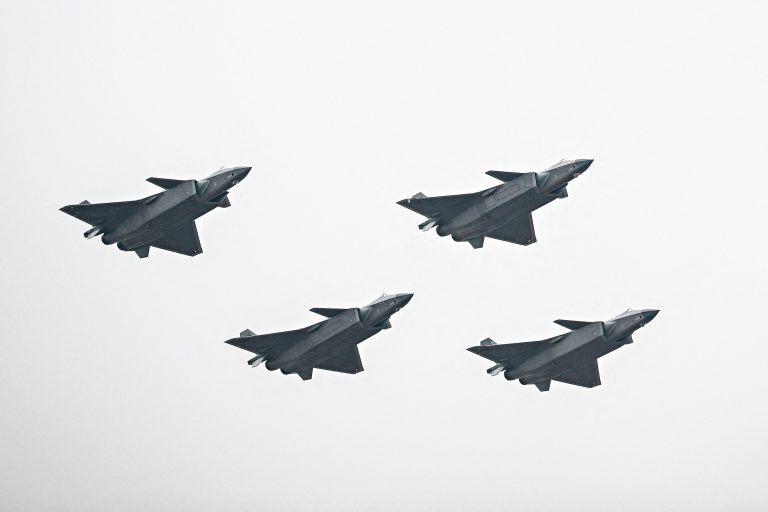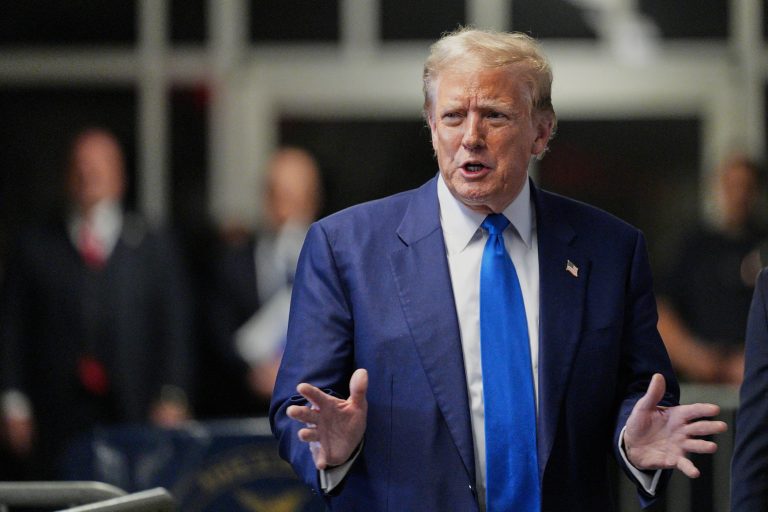The U.S. National Security Council recently hosted an online conference that discussed cybersecurity threats. 30 nations participated, including ministers from South Korea, Japan, UK, Brazil, India, and Australia. The focus of the meeting was ransomware attacks and the threats primarily originating from countries like China and Russia.
In ransomware attacks, hackers break into computer networks, lock files, and demand money from victims to regain access to the files. According to the U.S. government, global payments linked to ransomware attacks reached 400 million dollars last year.
At the opening session of the conference, U.S. national security adviser Jake Sullivan stated that international cooperation is critical to deal with the ransomware ecosystem and hold criminals that conduct such attacks as well as states that harbor them accountable.
“The initiative builds on President Biden’s leadership to rally allies and partners to counter the shared threat of ransomware… As you know, we’ve worked with allies and partners to hold nation states accountable for malicious cyberactivity as evidenced by the broadest international support we have ever had in our attributions for Russia and China’s malicious cyber activities in the last few months,” a senior U.S. official said to Nikkei Asia.
China and Russia were not invited to the conference, as many criminal hackers are believed to work in these two countries, often with the backing of their respective governments. In an interview with NPR, Anne Neuberger, deputy national security advisor for cyber and emerging tech, stated that including several nations in the conference was essential because ransomware is a “transnational threat.”
Success
You are now signed up for our newsletter
Success
Check your email to complete sign up
She pointed out that Washington has publicly called out China for harboring a “broader ecosystem” of hackers, including those who carry out ransomware attacks. The White House remains “concerned” about Chinese cyber activity.
In July, the U.S. and its western allies had formally blamed China for a massive Microsoft Exchange email server software hack that compromised thousands of computers worldwide. Some of the U.S. victims were asked to transfer millions of dollars. Washington also alleged that criminal contract hackers backed by China’s Ministry of State Security conducted theft and cyber extortion.
“The amount of Chinese cyber actors dwarfs the rest of the globe, combined… The elite in that group really are elite. It’s a law of large numbers,” Rob Joyce, director of cybersecurity at the National Security Agency, said at a recent conference.
Russian ransomware attacks have also been a persistent headache for Washington. In July, Biden called Russian President Vladimir Putin and warned that Washington will take “any necessary action” to safeguard America from Russian cyberattacks.
“I made it very clear to him that the United States expects when a ransomware operation is coming from his soil, even though it’s not sponsored by the state, we expect them to act if we give them enough information to act on who that is,” Biden had said to reporters following the phone call.
A recent poll conducted by The Pearson Institute and The Associated Press-NORC Center for Public Affairs Research showed that around three-quarters of Americans perceive Chinese and Russian governments to be major cybersecurity threats to the U.S. government.
Research scientist David Sterrett said that a large number of both Republicans and Democrats share similar concerns about Russian and Chinese threats. According to Michael Daniel, CEO of the Cyber Threat Alliance, the poll shows that the American public is firmly aware of threats that cybersecurity experts have been warning about for several years.














